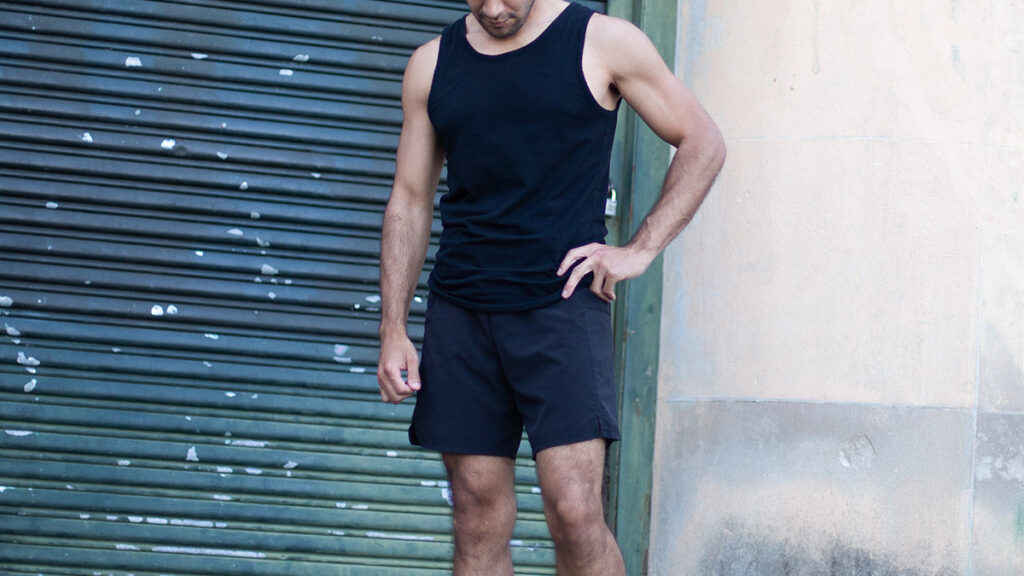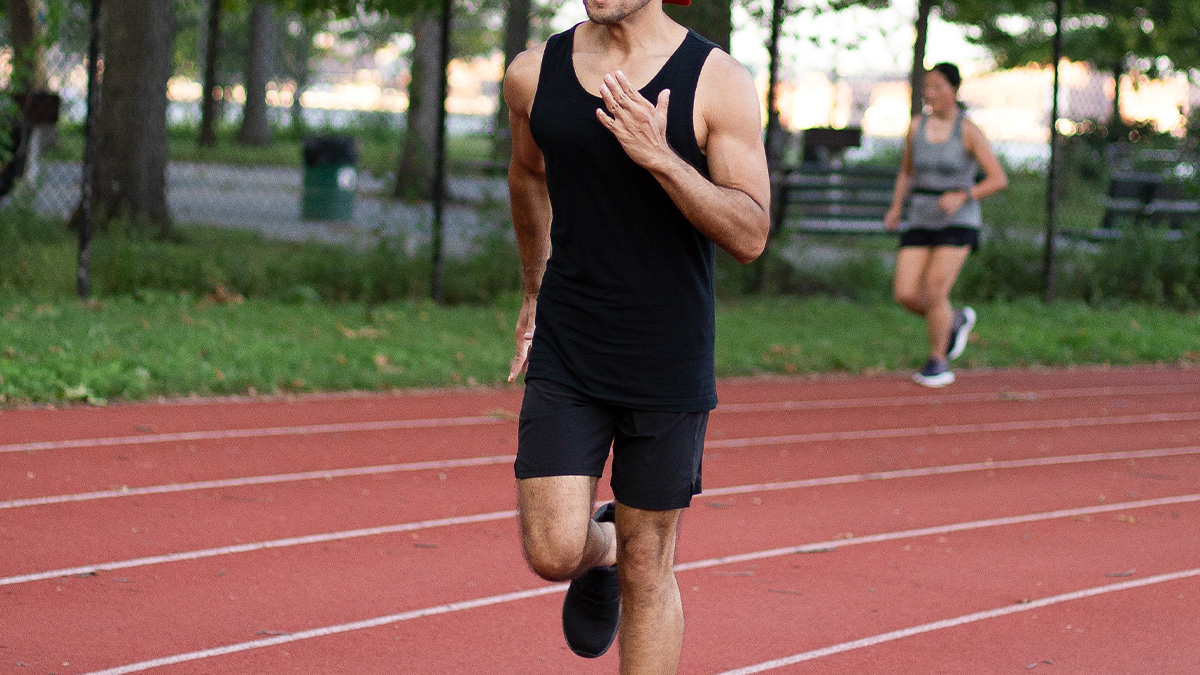Sports injuries are an unfortunate but common occurrence in the world of athletics. Whether you’re a professional athlete, a weekend warrior, or simply enjoy staying active, the risk of injury is always present.
When faced with a sports injury, one of the most crucial decisions you’ll need to make is how to choose the right supplement or treatment to aid in your recovery. With a multitude of options available, from dietary supplements to physical therapies, making an informed decision is essential for a swift and effective recovery.
Explore Supplement Options
Supplements can play a significant role in the recovery process, but it’s crucial to choose them wisely. Nutritional supplements like vitamins, minerals, and amino acids can support tissue repair and reduce inflammation. However, not all supplements are created equal, and their efficacy may vary based on the injury type and individual factors. Peptides have been shown to play a vital role in various physiological processes within the body – regulating hormone production, supporting tissue repair and growth, and even influencing cognitive function. So if you want to look more into peptides, https://www.peptides.org offers comprehensive information and research. Consult with a healthcare provider or sports nutritionist to determine which supplements, if any, are appropriate for your situation. Always prioritize natural and whole-food sources of nutrients whenever possible.
Assess the Nature and Severity of the Injury
Not all injuries are created equal, and what works for one may not work for another. Is your injury acute or chronic? Is it a muscle strain, ligament tear, or a stress fracture? Consult with a healthcare professional, such as a sports medicine physician or physical therapist, to get a proper diagnosis. This will help you understand the specific demands of your injury and determine the most suitable course of action.
Consider Non-Invasive Treatments
Before jumping into supplements or invasive treatments, explore non-invasive options. Rest, ice, compression, and elevation (RICE) can often work wonders for minor injuries. Physical therapy, involving exercises to strengthen and rehabilitate injured areas, can be highly effective. Moreover, modalities like ultrasound, electrical stimulation, or even massage therapy can aid in the healing process. These non-invasive treatments are often the first-line choices, allowing your body to naturally repair itself.
Be Cautious with Invasive Treatments
In some cases, more invasive treatments, such as surgery or corticosteroid injections, may be necessary. However, these options should be approached with caution. Surgery is typically considered when conservative measures fail, and injections should be administered under the guidance of a skilled medical professional. Understanding the potential risks and benefits of invasive treatments is essential, and you should seek multiple opinions if necessary to make an informed decision.
Incorporate Physical Rehabilitation Exercises
Physical rehabilitation exercises are a crucial component of sports injury recovery, particularly for musculoskeletal injuries like sprains and strains. These exercises are tailored to your specific injury and are designed to improve flexibility, strength, and mobility. Your healthcare provider or physical therapist can create a customized rehabilitation plan that gradually progresses as your injury heals. Regularly performing these exercises not only accelerates recovery but also helps prevent future injuries by strengthening the affected area and improving overall body mechanics.
Explore Alternative Therapies
Techniques such as acupuncture, chiropractic care, and yoga have shown promise in promoting healing and reducing pain associated with sports injuries. While these therapies may not be standalone solutions for severe injuries, they can be valuable additions to your overall treatment plan. Always consult with your primary healthcare provider before incorporating alternative therapies, ensuring they align with your specific injury and recovery goals.
Pay Attention to Nutrition and Hydration
Nutrition plays a pivotal role in the healing process, and it’s often overlooked when addressing sports injuries. Proper nutrition can help reduce inflammation, support tissue repair, and boost your immune system. Ensure you’re consuming a balanced diet rich in lean proteins, antioxidants, and essential nutrients. Hydration is equally important; staying well-hydrated aids in tissue regeneration and helps prevent complications. Consult with a registered dietitian or sports nutritionist to create a personalized nutrition plan that caters to your recovery needs.

Selecting the right supplement or treatment for your sports injury is a multifaceted process that requires careful consideration and consultation with healthcare professionals. Remember that the path to recovery may involve a combination of approaches, including non-invasive treatments, supplements, physical rehabilitation exercises, alternative therapies, and proper nutrition. What works best for you depends on the nature of your injury, your individual needs, and your commitment to the recovery process. A comprehensive and holistic approach to your injury management will increase the likelihood of a successful recovery and help you get back to enjoying your favorite sports and activities with confidence.

